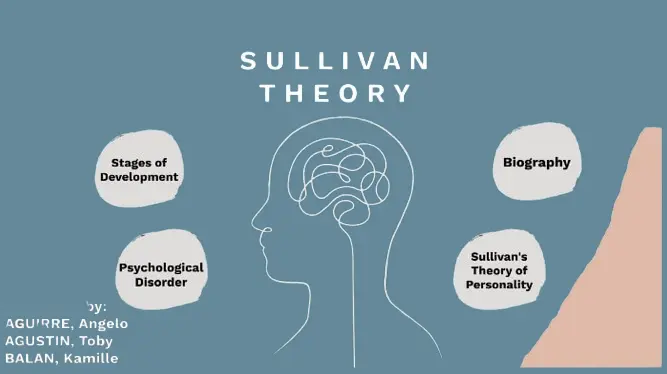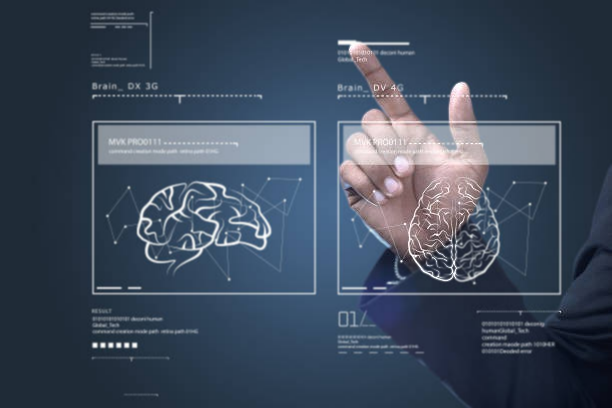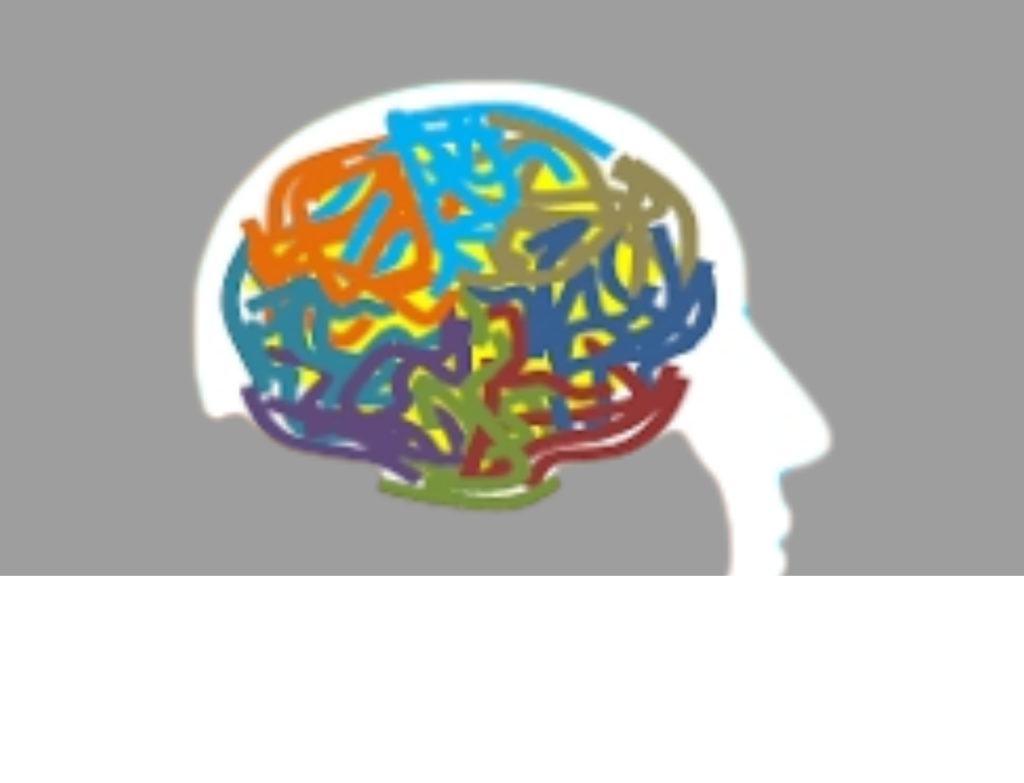Mental disorders, often known as mental health disorders, have an impact on your thoughts and actions. They can affect your mood and make it harder for you to operate in your community, at job, at home, or in school.
It’s crucial to remember that having a behavioral health condition is not usually a sign of poor mental health. It is also possible to experience extended periods of excellent mental health while suffering from a behavioral health issue.
Mental illness
A clinically significant impairment in a person’s behavior, emotion regulation, or cognitive function is indicative of a mental condition. Usually, it is linked to distress or impairment in critical domains of functioning. There are numerous varieties of mental illnesses.
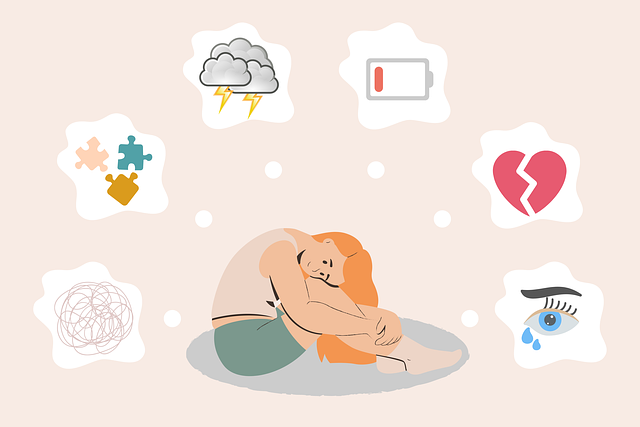
Mental health issues are another name for mental disorders. The latter is a more general phrase that encompasses psychosocial disabilities, mental disorders, and (other) mental states linked to substantial distress, functional impairment, or self-harm risk. The International Classification of Diseases, 11th Revision (ICD-11), is the primary source of information used in this fact sheet regarding mental disorders.
Common mental disorders
These are the very common mental disorders
Depression
Depression is a type of mood disorder marked by poor mood, diminished energy, and lack of interest and enjoyment. It goes beyond simple sadness. Depression comes in a variety of forms and manifestations. Also Depression symptoms can vary widely in terms of intensity. Depression symptoms may heighten the likelihood of suicide thoughts or actions.
Anxiety Disorders
Among the mental health conditions classified as anxiety disorders are the following:
- disorders of generalized anxiety
- Particular phobias, such as agoraphobia and claustrophobia, as well as social phobias
- panic attacks
- OCD, or obsessive compulsive disorder
- PTSD stands for post-traumatic stress disorder.
Anxiety disorders can seriously impede a person’s everyday functioning if left untreated.
Bipolar Affective disorder
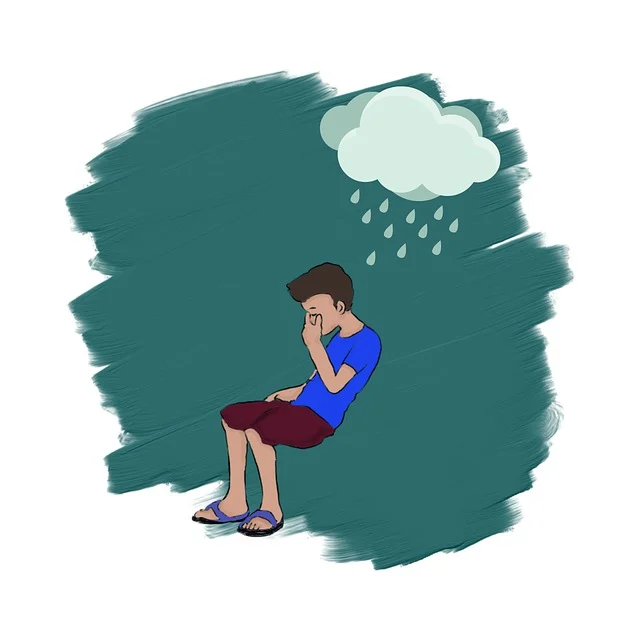
Bipolar affective illness, formerly known as “manic depression,” is a kind of mood disease. Manic (ecstatic) and depressive periods are experienced by a person with bipolar illness. Psychotic symptoms may or may not be present in the individual. Although the precise cause is uncertain, a hereditary tendency has been amply demonstrated. Episodes of this mental disease can also be brought on by environmental factors.
Eating disorders
Anorexia, bulimia nervosa, and other binge eating disorders are examples of eating disorders. People of all ages and genders are susceptible to eating disorders, which can have detrimental effects on the body and mind.
Compulsive, obsessive, disorder
One type of anxiety condition is obsessive compulsive disorder (OCD). Recurrent, undesirable thoughts, ideas, or impulses are known as obsessions. Compulsions are distressing, repeating behaviors that take a lot of time.
Medication and cognitive behavior therapy (CBT) are two forms of treatment.
Trauma-related stress disorder
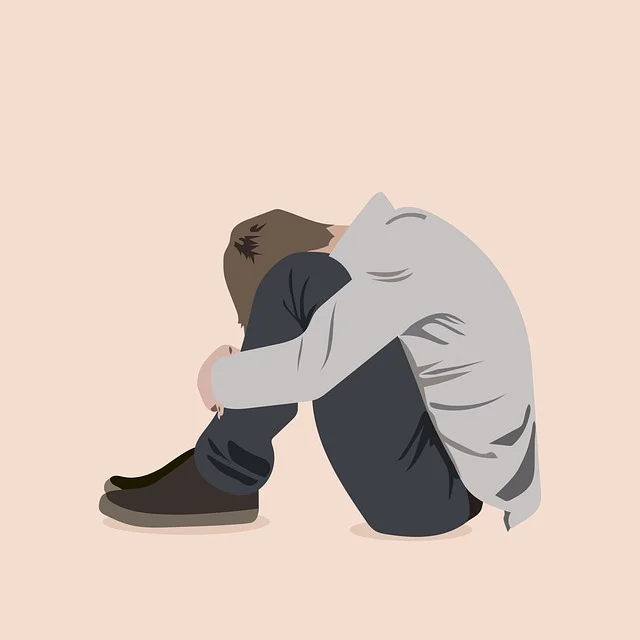
A mental health disease known as post-traumatic stress disorder (PTSD) can arise in reaction to any stressful incident encountered by a person. This can include violent or sexual assault, automobile accidents or other major mishaps, torture, war-related incidents, or natural calamities like floods or bushfires.
Schizophrenia
A complicated psychotic illness, schizophrenia is characterized by disruptions in thinking and feeling as well as a warped sense of reality. Schizophrenia can present with a wide range of symptoms, such as delusions, hallucinations, social disengagement, mental disorders, motivation problems, and memory and reasoning problems.
The danger of suicide is very high in those with schizophrenia. There is no divided personality in schizophrenia.
Paranoia
The unreasonable and unwavering belief that someone is “out to get you” is known as paranoia. Schizophrenia, delusional (paranoid) disorder, and paranoid personality disorder are among the illnesses that can cause paranoia.
Psychological assistance and medicines are used in the treatment of paranoia.
Psychosis
Psychosis can cause delusions, hallucinations, and disorganized thought patterns in its victims. Many mental conditions, such as drug-induced psychosis, schizophrenia, and mood disorders, can cause psychosis. Psychotherapy and medication together might lessen or even completely eradicate psychotic symptoms.
Signs and symptoms of mental disorder
Many different symptoms can be caused by mental health issues, such as:
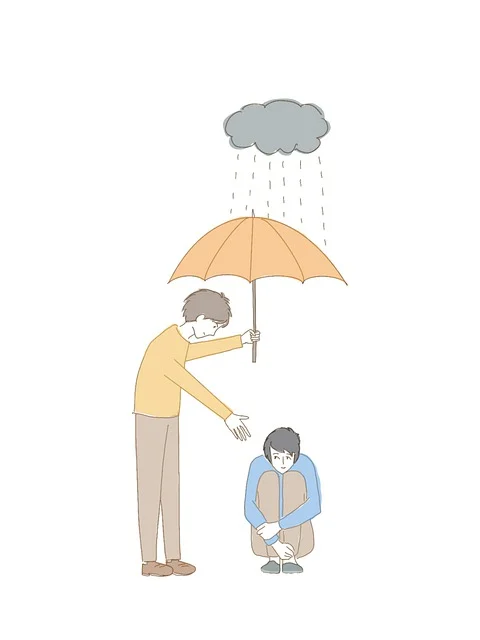
- usage of alcohol or drugs recreationally.
- avoiding friendships and social interactions.
- alterations in sex desire.
- having trouble recognizing reality, including having hallucinations or delusions.
- Excessive dread or concern.
- Exhaustion or issues with sleep.
- Feelings of loneliness or melancholy.
- Incapacity to detect or understand the emotions or sentiments of others.
- Extreme agitation or fury.
- Obsession with your eating habits, weight, or looks.
- Difficulties focusing, picking things up, or finishing daily duties.
- Abrupt shift in mood, from “lows” to “highs.”
- Thoughts of suicide or self-harm.
Children with behavioral health issues typically experience functional impairments. You may have noticed:
- Alterations in their academic performance or social interactions.
- Disinterest in past interests in hobbies or activities.
- Excessive anxiety or concern, like a phobia of going to sleep.
- Frequent acts of hostility, disobedience, or temper tantrums.
- Hyperkinetic conduct, including difficulty focusing or maintaining stillness.
- Nightmares.
What causes mental health issues?
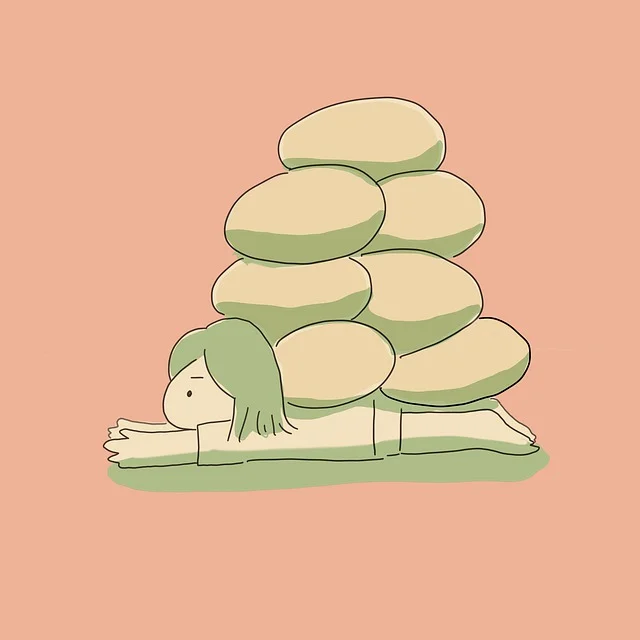
A single cause does not exist for mental illness. There are several factors that can increase one’s risk of mental illness, including:
- Genes and family background
- Your past experiences, including any instances of trauma or stress, particularly if they occurred while you were a child
- biological elements include chemical abnormalities in the brain
- trauma to the brain (TBI)
- Exposure to viruses, harmful chemicals, or other things like alcohol and narcotics during pregnancy (before delivery).
- Drinking booze or using drugs recreationally
- Possessing a dangerous illness, such as cancer
- Being alone or isolated and having few friends
Character defects do not create mental illnesses. It has nothing to do with their weakness or laziness.
How mental disorders diagnosed?
It’s critical to receive a diagnosis from a medical professional with expertise in behavioral health issues. To get the appropriate treatment, you need a precise diagnosis.
A medical professional will assess your mental health by closely examining your symptoms. Make sure you inform your physician.
- If there are any particular triggers that exacerbate your mental illness.
- Whether your mental health issues are sporadic or persistent (continuous).
- the moment you become aware of changes in your mental state.
Medical tests are not available to diagnose mental diseases. To rule out further disorders that may have an impact on mental health, however, your healthcare practitioner may do tests on you, such as blood tests or imaging exams.
How mental disorders treated?
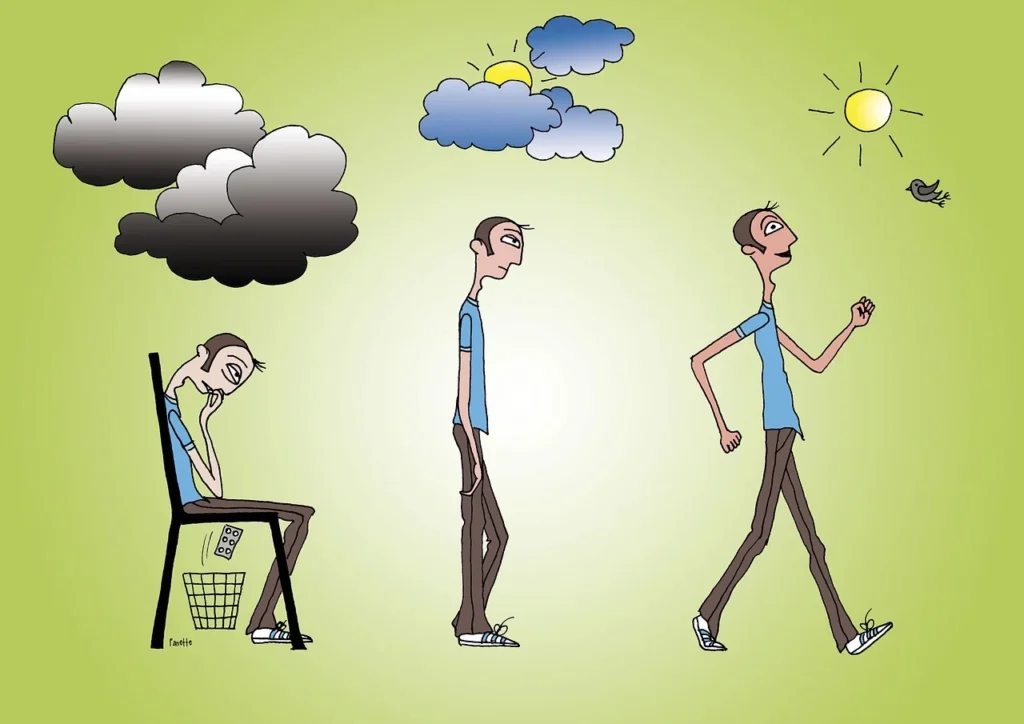
Among the possible therapies for mental health issues are:
- Medication: Antidepressants and antipsychotics are examples of medications that work well for treating some mental diseases. These medications alter the chemistry of your brain to reduce symptoms. It’s critical that you take your prescription exactly as prescribed by your doctor. For mental health conditions, never stop taking your prescription without first talking to your doctor.
- Psychotherapy: Speaking with a mental health specialist can assist you in managing the symptoms of an illness and overcoming its obstacles. Psychotherapy can take place in a group environment or one-on-one with a medical professional. One type of psychotherapy is called cognitive behavioral therapy (CBT). Its main goal is to assist you in altering unfavorable thought and behavior habits.
- Alternative therapies: With alternative therapies, certain mental diseases, like depression, may become better. Herbal treatments, massage, acupuncture, yoga, and meditation are a few examples. Consult your physician before using any supplements or natural therapies. They might have an impact on other drugs.
- Brain stimulation therapies: Medication is not always effective in treating illnesses. Your doctor might suggest brain stimulation treatments if that’s the case. Your brain’s nerves and other cells process chemicals and react to stimuli differently as a result of these therapies. Examples include Transcranial magnetic stimulation (TMS) and electroconvulsive treatment.

